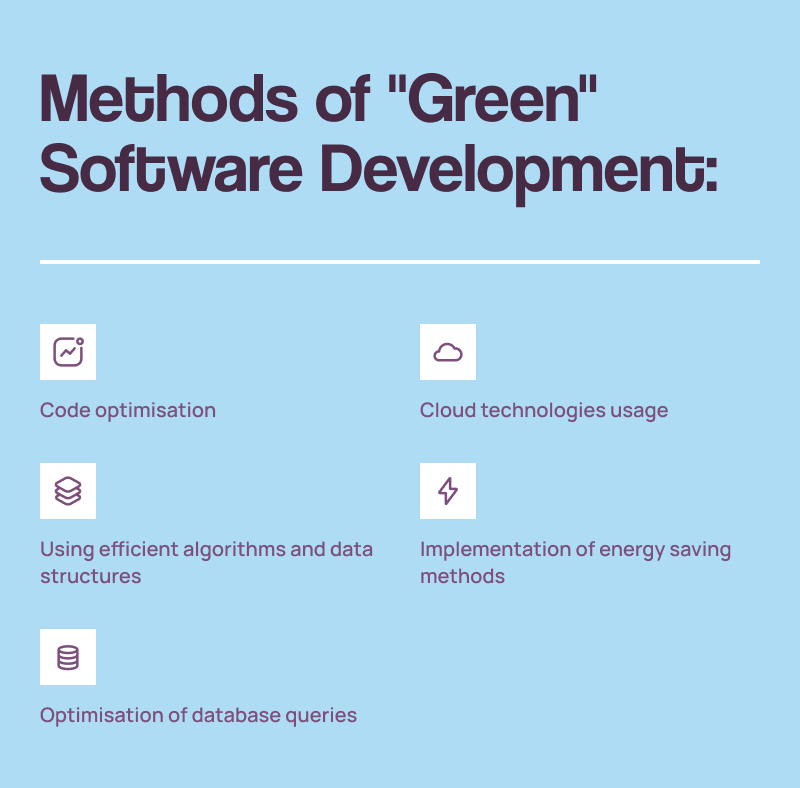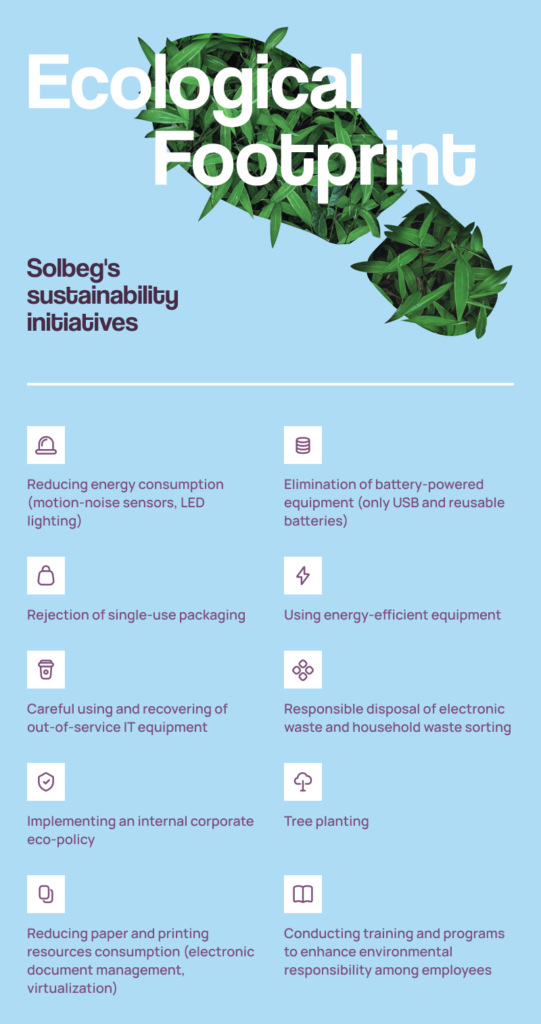Building a Better Future: the Role of Sustainability in Technology
In the world of technology, the concept of sustainability goes far beyond environmental considerations. Sustainability in technology implies a holistic approach that considers environmental, social, and economic factors in the development, deployment, and management of information technology systems. But what exactly does sustainability in technology mean?
Environmental Sustainability and Resource Efficiency
Sustainable technology aims to maximize resource efficiency by optimizing the use of hardware, software, and data. This includes virtualization and consolidation of servers to reduce power consumption, adoption of cloud computing to optimize resource utilization, and use of energy-saving features in devices and applications. Minimizing resource waste, companies can lower costs and reduce their environmental impact.

Social Responsibility
Besides environmental considerations, sustainable practices in technology emphasize social responsibility. Sustainable initiatives also support community development projects and promote social good through technological solutions. Companies engage in charity and align their values with actions that benefit the society.
Companies like Solbeg are actively involved in sustainability initiatives, whether it’s optimizing the use of resources or contributing to the recycling and disposal of e-waste. By implementing sustainable practices, we not only reduce our environmental footprint, but also inspire others around the industry to follow suit.

Ethical Data Practices
Sustainable technology organizations prioritize data security measures, implement privacy-enhancing technologies, and follow ethical data management principles to build trust with stakeholders and protect individual rights.
Data from the Crisis Management Center shows that adopting sustainable practices in information technology can reduce cybersecurity risks by 25%.
Transparency and Responsibility
Sustainable businesses attach importance to transparency in their operations. They openly communicate their sustainability goals, progress, and challenges.
Conclusion
Thus, sustainability in technology is not just about reducing energy consumption or minimizing e-waste. It includes a holistic approach that considers environmental impact, social responsibility, resource efficiency, and more. Companies that integrate sustainability into their core values not only contribute to a better future, but also position themselves for long-term success as a trusted partner.
Solbeg is committed to leveraging its expertise in consulting, business process automation, technology, and software development to contribute to the sustainability in the IT industry. We recognize the importance of sustainable technology and strive to be a leading proponent of responsible practices.
Join us in our mission to harness the power of technology for good and pave the way for a more sustainable world.
